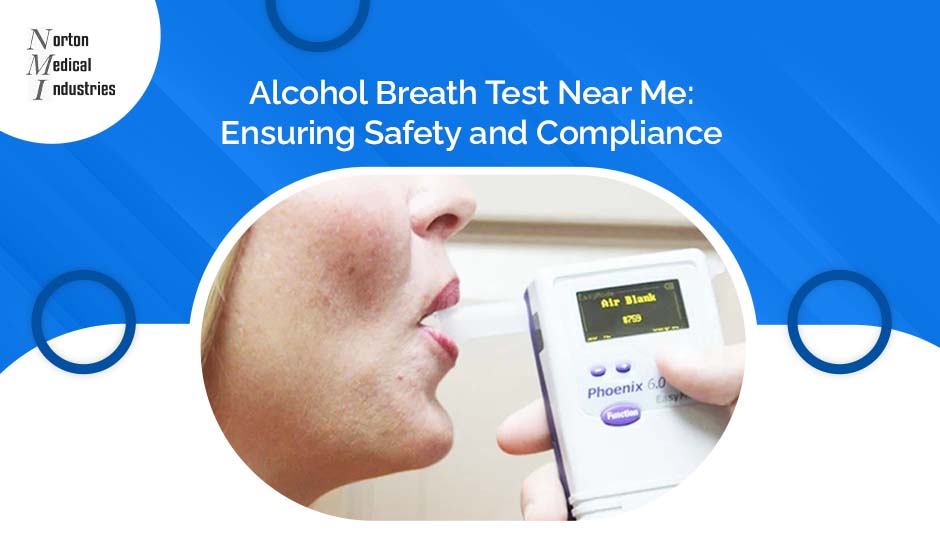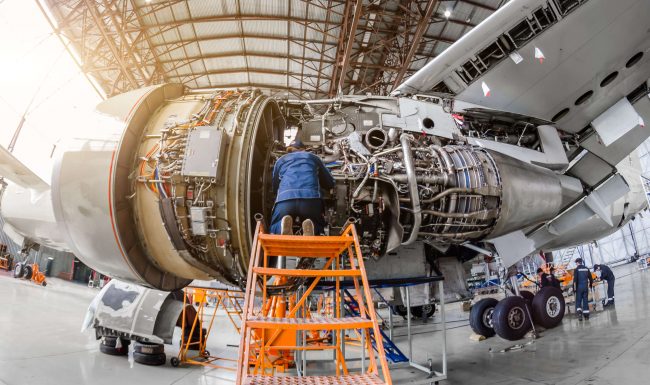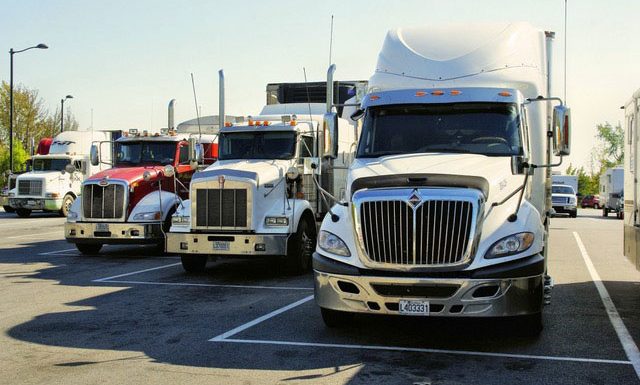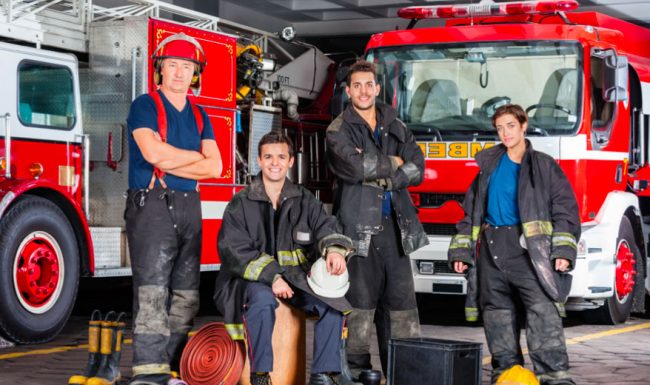
Introduction
Alcohol impairment can significantly compromise safety, especially when it comes to operating vehicles or performing critical tasks. To maintain safety standards, various organizations, including the Federal Aviation Administration (FAA) and the Department of Transportation (DOT), implement alcohol breath testing protocols. In this blog post, we will explore the importance of alcohol breath testing, both in the context of the FAA’s normal alcohol breath test and finding alcohol breath testing locations near you.
FAA Normal Alcohol Breath Test
The FAA, responsible for regulating the aviation industry, requires pilots and other aviation professionals to undergo alcohol breath testing. The normal alcohol breath test ensures compliance with FAA regulations and helps identify individuals who may pose a risk due to alcohol impairment. By conducting these tests, the FAA aims to maintain the highest level of safety in aviation operations and minimize the potential for accidents or errors caused by alcohol consumption.
The rate of testing is to test at least 10 percent of the work force every year. The FMCSA mode regulating motor carriers in 2022 had a positive alcohol rate of .004 or 4 people in every 1000 alcohol tests. Norton Medical has over 4000 locations with trained Breath Alcohol technicians.
Alcohol Breath Test Near Me
For individuals seeking alcohol breath testing, it is essential to locate a reliable and conveniently accessible testing facility. Norton Medical, for example, offers a network of over 4,000 locations staffed with trained Breath Alcohol Technicians. These facilities specialize in alcohol breath testing, ensuring accurate results and professional handling of the testing process. Locating an alcohol breath test facility near you is crucial for compliance, personal accountability, and promoting a safe environment.
DOT Alcohol Testing Requirements
In addition to the FAA, the DOT also mandates alcohol testing for various modes of transportation. DOT regulations require motor carriers, among other industries, to conduct alcohol testing on a specific percentage of their workforce annually. For instance, the Federal Motor Carrier Safety Administration (FMCSA) regulates motor carriers and reported a positive alcohol rate of 0.004, meaning four individuals out of every 1,000 tested positive for alcohol in 2022. This exemplifies the importance of alcohol testing in identifying and addressing potential alcohol-related risks within the transportation industry.
Importance of Alcohol Breath Testing
Alcohol breath testing serves as a valuable tool in promoting safety, accountability, and compliance. By conducting these tests, individuals and organizations can deter alcohol consumption before engaging in tasks that require precision and focus. Alcohol breath testing helps identify individuals who may be under the influence of alcohol, enabling appropriate actions to be taken to prevent accidents, maintain workplace safety, and comply with regulatory requirements.
Conclusion
Alcohol breath testing plays a vital role in ensuring safety, compliance, and accountability. Whether it is the FAA’s normal alcohol breath test for aviation professionals or seeking an alcohol breath test facility near you, these measures are crucial in minimizing risks associated with alcohol impairment. By adhering to alcohol testing requirements, both at the regulatory level and through personal initiative, we contribute to safer environments, whether it’s on the road, in the workplace, or in other critical settings. Prioritizing alcohol breath testing supports the overarching goal of fostering a culture of responsibility and maintaining the highest safety standards in various industries.








